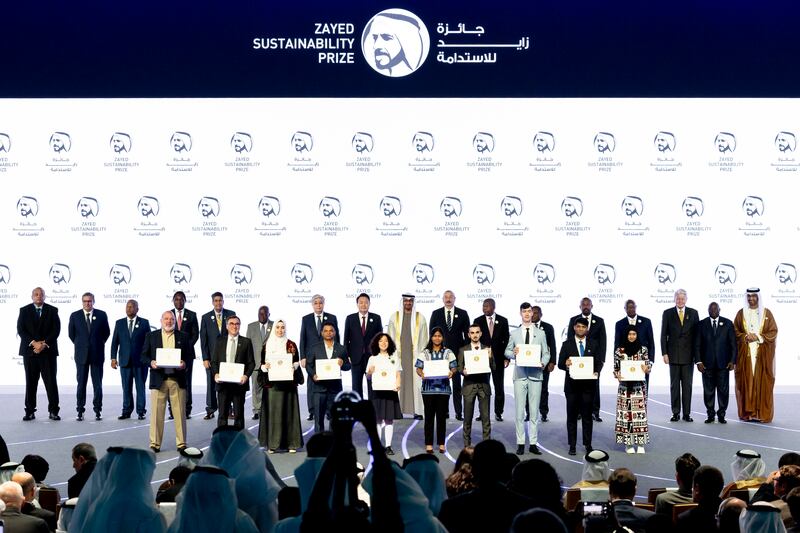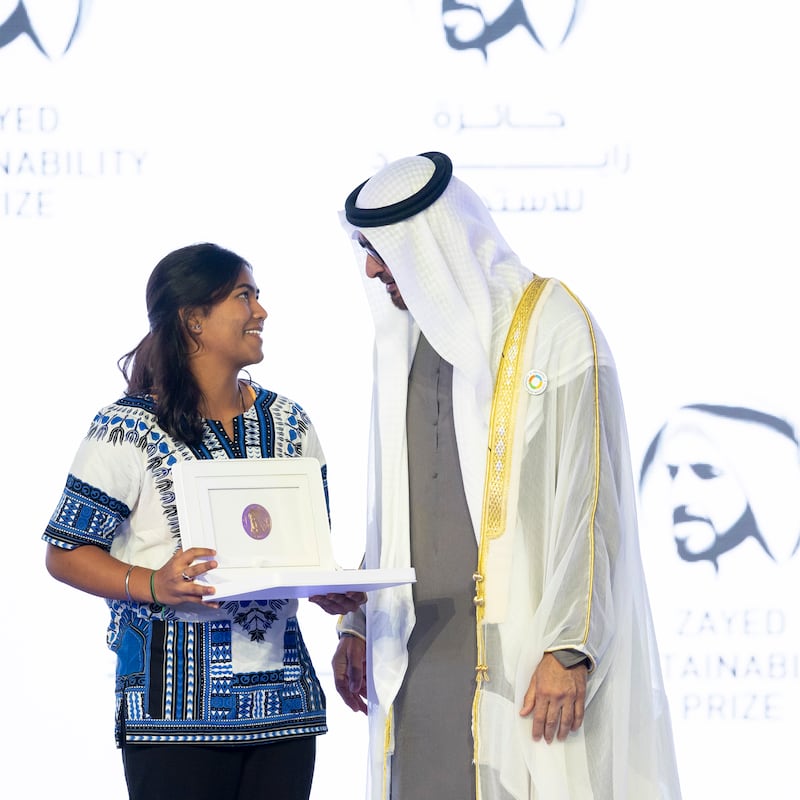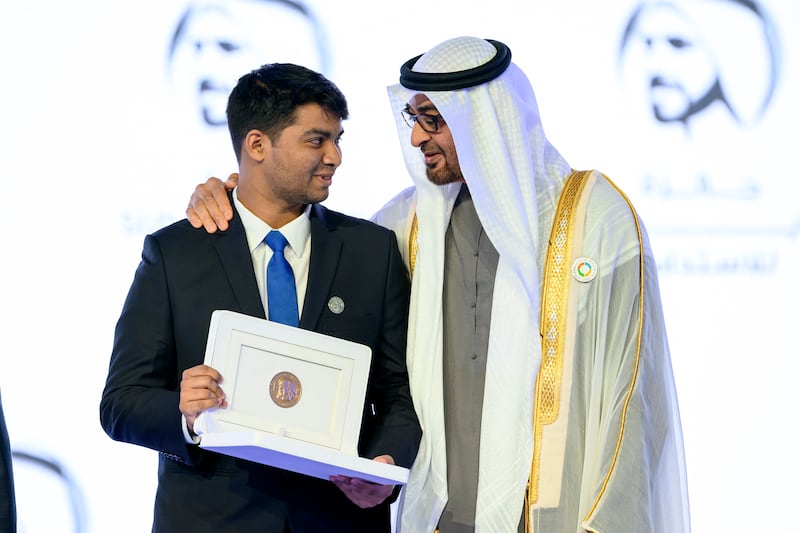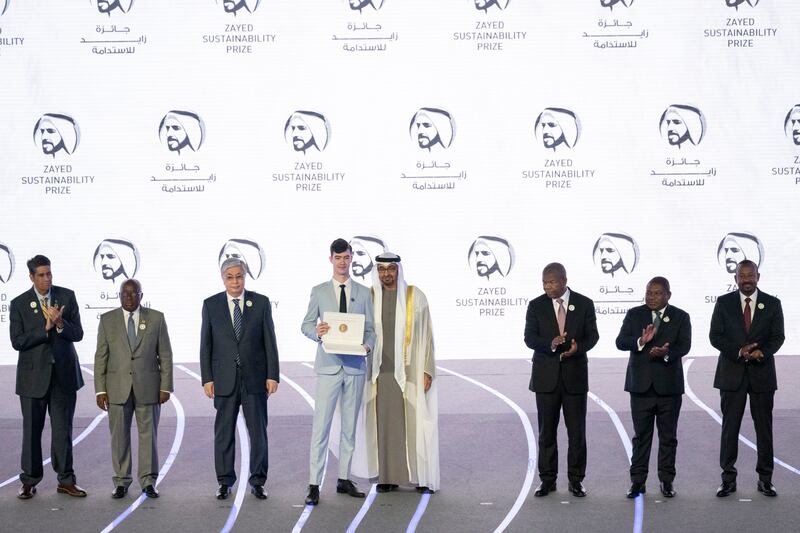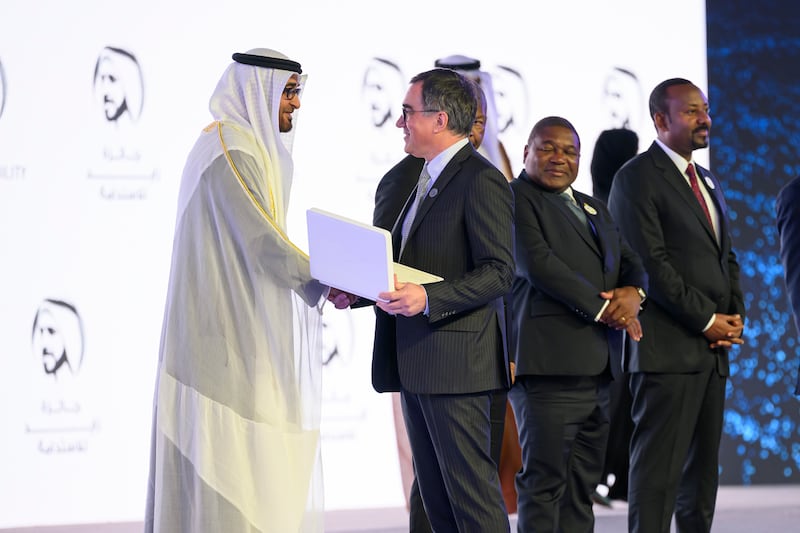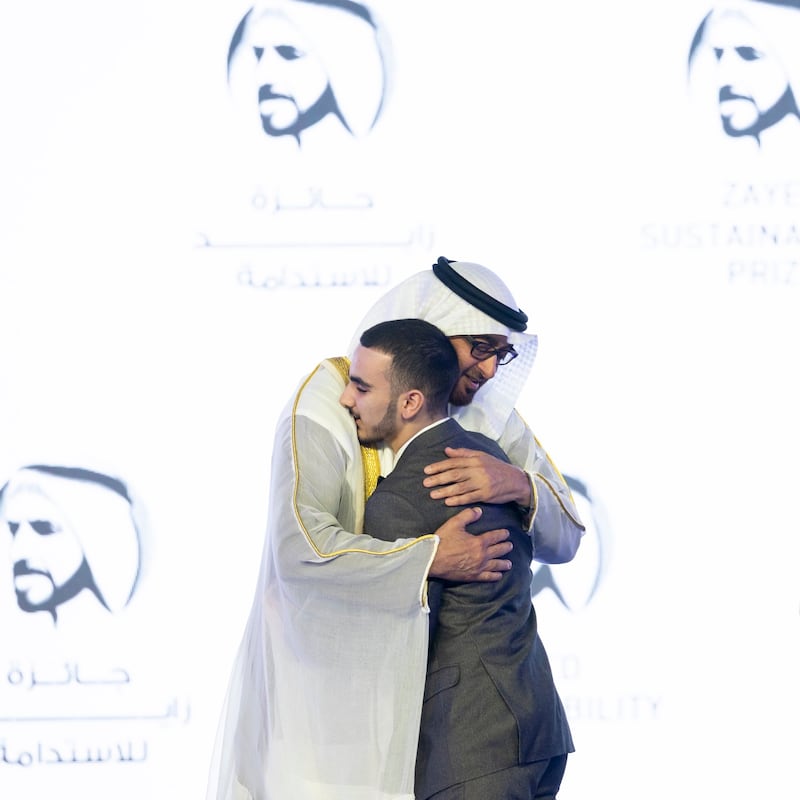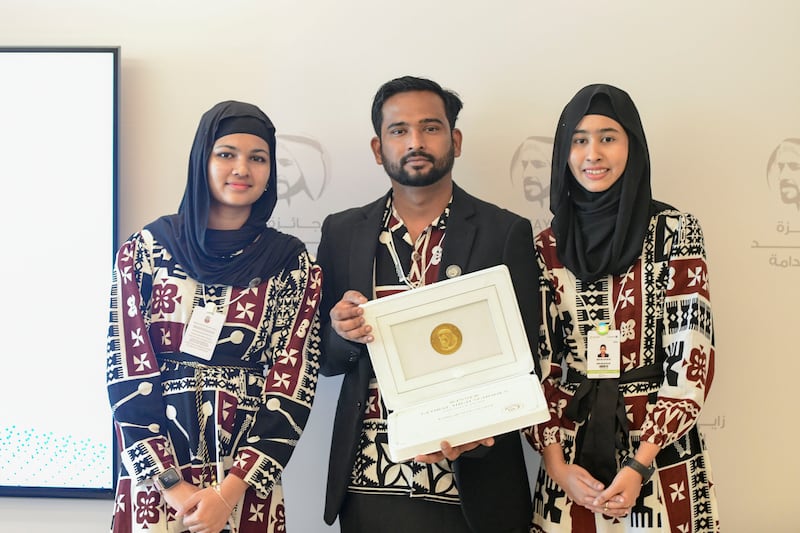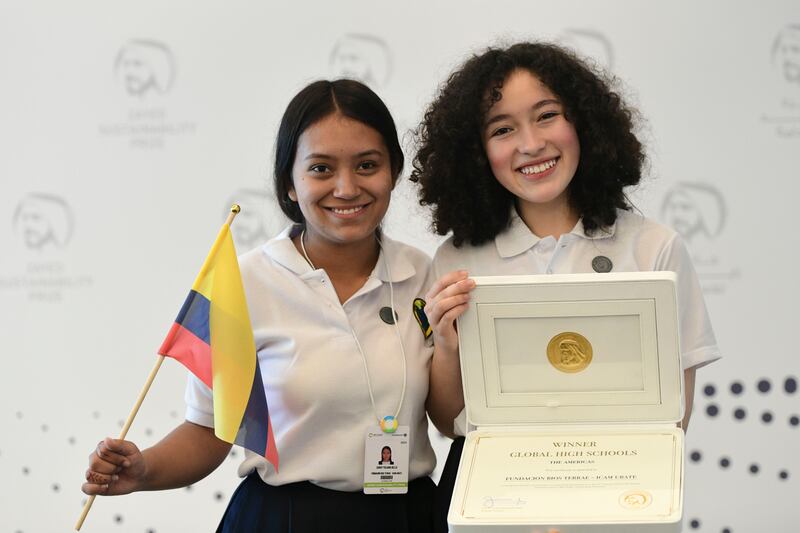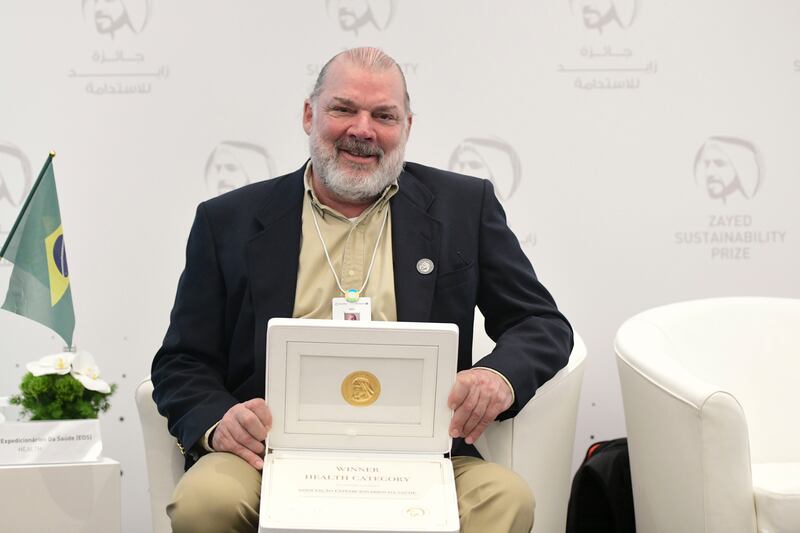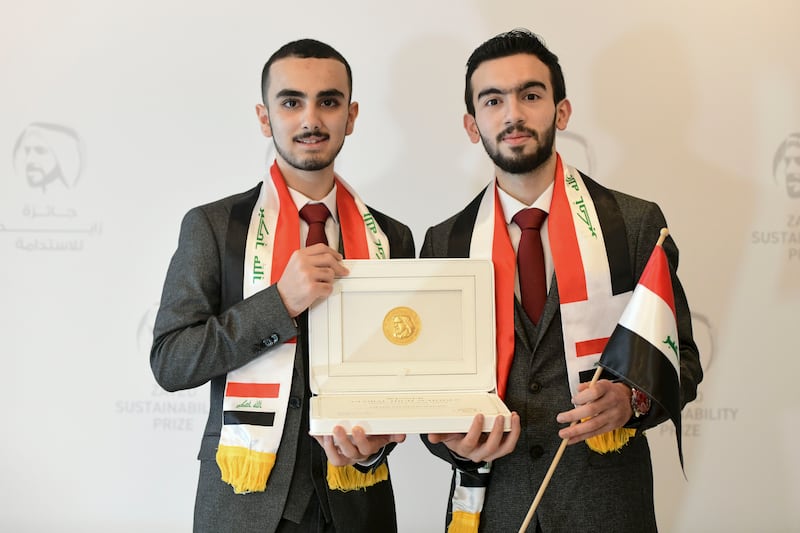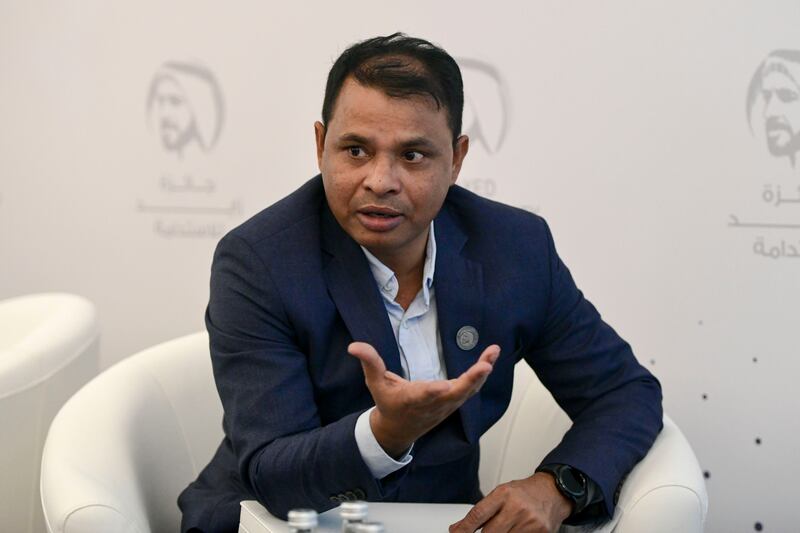A health hero delivering life-changing support to isolated communities in the Amazon said success in the Zayed Sustainability Prize would support his crucial medical mission to help those in need.
Dr Ricardo Ferreira set up Associacao Expedicionarios da Saude, a non-profit organisation in Brazil providing specialised care for indigenous people, after witnessing the challenges they faced first hand during a hiking trip.
About 500,000 indigenous people who live in rural and forested areas in Brazil lack access to essential health services due to their remote location.
There is a high rate of degenerative eye disease, such as cataracts, due to regular exposure to intense sunlight.
Dr Ferreira established mobile hospitals and initially brought in four doctors to provide treatment.
The group, which secured $600,000 in funding as one of 10 winners of the annual award, now has 90 volunteer doctors who have performed about 10,000 operations.
Joy as mother sees children for first time
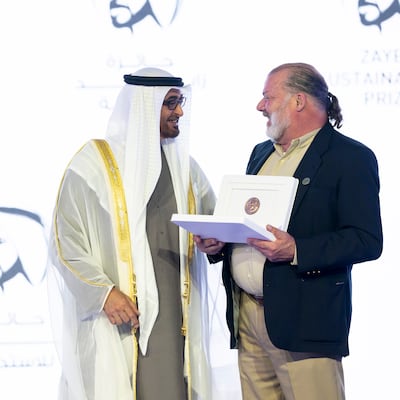
"We do around 70 surgeries a day. People come in blind and can see by the next day," Dr Ferreira told The National at a gathering of this year's winners.
"The incidence of cataracts is really high. We had a 26-year-old girl who was blind for five years because of cataracts.
"After surgery, she saw her one-year-old and three-year-old children for the first time."
Dr Ferreira said the prize money was secondary to the global platform provided by winning the prestigious accolade.
"We can get more allies so can do better and do more," he said.
"The kind of allies we want are people who are focused on a better world."
Rebuilding hope in war-torn Mosul
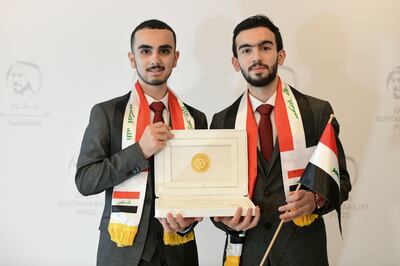
A team of three Iraqi pupils and three teachers was honoured in the Global High Schools category for their forward-thinking efforts to boost water security and reduce emissions.
Gifted Students School Niniveh, in Mosul, lived up to its name with a plan to develop a hydroponic greenhouse in which food can be grown all year round, saving 532,000 litres of water and eliminating 255 tonnes of emissions over three years.
Two of the 16-year-old eco champions said the nightmare of war in their homeland had inspired them to dream of a better future.
"War gave us the incentive," said Abdulrahman Neshat and Mohammed Ali. "The war we saw in Mosul was a nightmare — it was unimaginable and has made many people lose hope but it gave us the incentive.
"This is the sense of hope that we wanted to give Iraq and many of the countries that have gone through and are going through war."
The team is currently growing strawberries having previously grown aubergine.
The greenhouse saves water through the use of nutrient solutions instead of regular irrigation and saves 37.2 megawatt hours using solar cells. It will provide food for pupils at the school.
Protecting those hardest hit by climate change
Ledars, a non-profit organisation in n Bangladesh, integrates water resource management models to solve scarcity issues in disaster-prone areas. It provides people with safe drinking water and agricultural irrigation.
To date, Ledars projects have helped more than 15,880 families and saved more than 12 million gallons of water.
Founder Mohan Kumar Mandal said many women were forced to travel hundreds of kilometres to obtain clean drinking water and severe infections were common due to high salinity rates.
"We need more support because millions of people — and particularly women — are suffering," he said.
